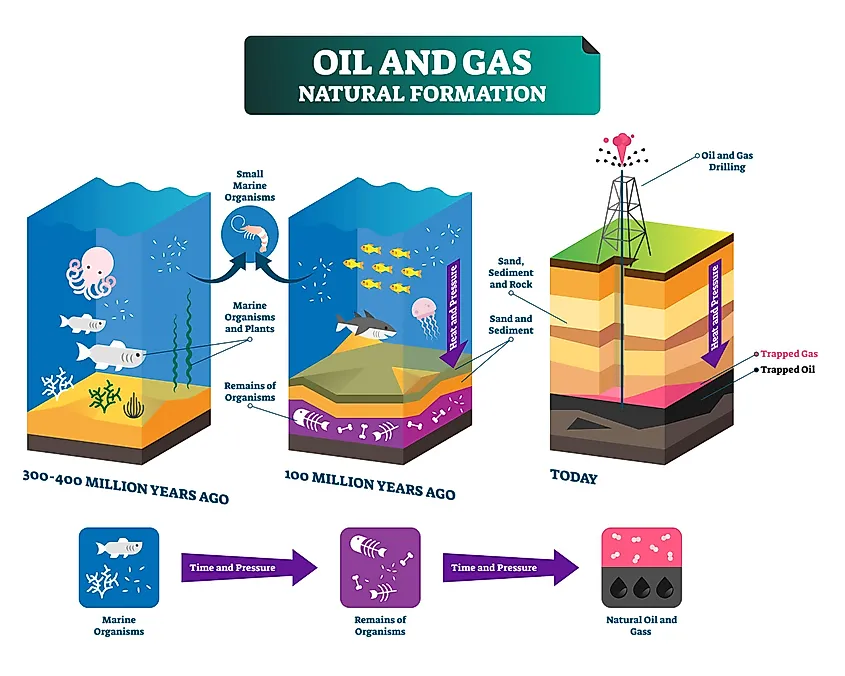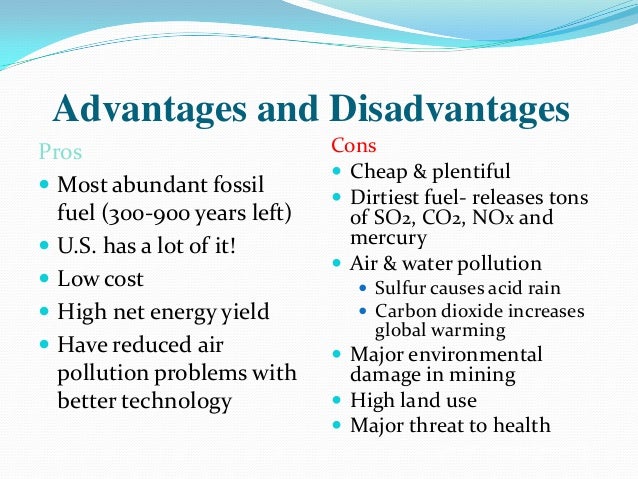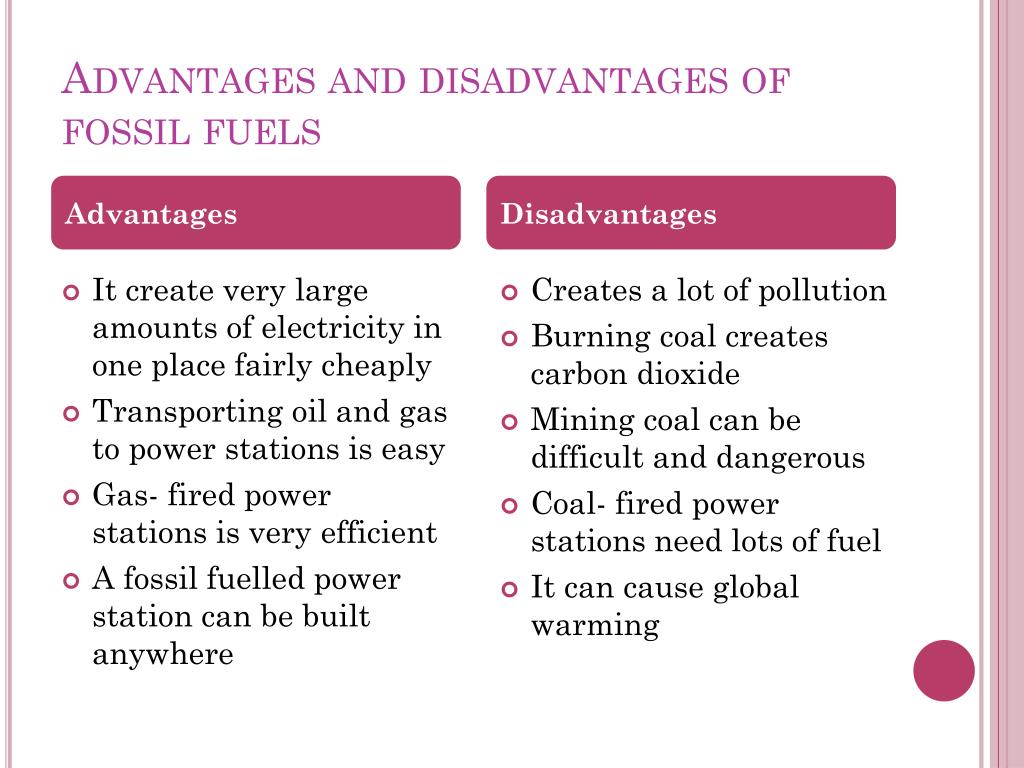Fossil Fuels Presentation
| Introduction to Fossil Fuels | ||
|---|---|---|
| Fossil fuels are non-renewable energy sources. They are formed from the remains of ancient plants and animals over millions of years. Fossil fuels include coal, oil, and natural gas. | ||
| 1 | ||
| Types and Formation of Fossil Fuels | ||
|---|---|---|
| Coal is formed from the remains of plants in swampy environments. Oil is formed from the remains of marine organisms in ancient oceans. Natural gas is formed from the same organic material as oil, but under different geological conditions. | ||
| 2 | ||
| Advantages of Fossil Fuels | ||
|---|---|---|
| Fossil fuels provide a reliable and abundant source of energy. They are relatively inexpensive compared to other energy sources. Fossil fuels have a high energy density, making them efficient for transportation and electricity generation. | ||
| 3 | ||
| Disadvantages of Fossil Fuels | ||
|---|---|---|
| Burning fossil fuels releases greenhouse gases, contributing to climate change. Extraction and combustion of fossil fuels can cause air and water pollution. Fossil fuels are finite resources and will eventually run out. | ||
| 4 | ||
| Impacts on the Environment | ||
|---|---|---|
| Climate change caused by fossil fuel emissions leads to rising global temperatures and extreme weather events. Extraction of fossil fuels can damage ecosystems, including habitats and water sources. Oil spills and coal mining can have devastating impacts on wildlife and the environment. | ||
| 5 | ||
| Transitioning to Renewable Energy Sources | ||
|---|---|---|
| Investing in renewable energy technologies like solar, wind, and hydropower can reduce reliance on fossil fuels. Transitioning to renewable energy helps mitigate climate change and reduce pollution. Governments and industries worldwide are increasingly adopting renewable energy solutions. | ||
| 6 | ||
| References (download PPTX file for details) | ||
|---|---|---|
| "Fossil Fuels." National Geographic Society. ... "Fossil Fuels: Their Advantages and Disadvant... "Fossil Fuels and Climate Change." Union of C... |  | |
| 7 | ||




